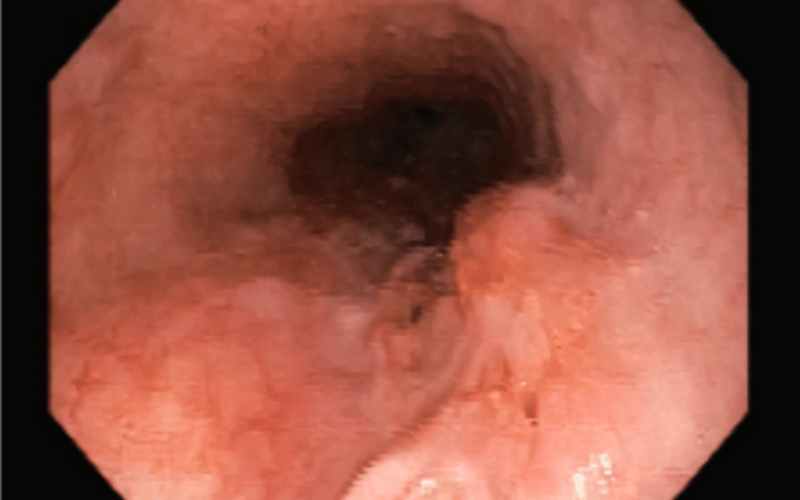Introduction: A Deep Dive into Megaesophagus

Megaesophagus, more formally known as esophageal dilatation, is a condition that predominantly affects the esophagus, causing it to enlarge, which in turn leads to various complications. This is not just an enlargement; it’s a significant expansion that affects the individual’s ability to swallow, digest, and live a comfortable life. Often mistaken for common digestion-related issues, megaesophagus can be a silent ailment that many might overlook.
To begin with, it’s essential to understand the esophagus’s role. As a muscular tube connecting the throat to the stomach, it plays a pivotal part in our digestive system, ensuring the food we eat reaches the stomach for further digestion. When this critical path is disrupted or becomes inefficient, it doesn’t just impact digestion; it affects the entire rhythm of one’s daily life.
Given the nature of our fast-paced lives, we often dismiss minor discomforts, attributing them to stress, bad food, or fatigue. However, persistent symptoms like difficulty swallowing or frequent regurgitation might be more sinister than you think. Enter the world of megaesophagus. The condition isn’t just about a “big esophagus.” It’s about how this enlargement can lead to a series of complications, some of which can even be life-threatening if not addressed in time.
So, why is it essential for the average person to be aware of this condition? Knowledge is power. Recognizing the symptoms and understanding their potential implications empowers individuals to seek timely intervention, reducing the risk of severe complications.
Now, let’s delve deeper into the noticeable symptoms of megaesophagus to ensure you’re well-informed and equipped to address the issue head-on.
Symptom 1: Difficulty in Swallowing (Dysphagia)

Dysphagia is a medical term that refers to the sensation of having an obstruction in the throat or esophagus while swallowing. Imagine the esophagus as a gateway – a tube that ensures our food travels from our mouth to the stomach. With megaesophagus, this gateway starts to falter.
Individuals with dysphagia often experience a sensation akin to food getting “stuck.” This isn’t just discomfort; it’s a real challenge. Over time, the affected person might resort to modifying their eating habits. Opting for softer foods or liquid diets might become the norm rather than the exception. This change is not just about convenience; it’s a necessary adaptation to reduce the discomfort and potential risks associated with the ailment.
Regular occurrences of choking or coughing during meals become a telltale sign. These aren’t just isolated events but serve as a constant reminder of the underlying issue. It’s not merely about avoiding certain foods; it’s about navigating daily life with an ever-present obstacle.
In severe cases, even swallowing saliva can become an ordeal. The frustration, fear, and anxiety tied to every meal or snack can be overwhelming. Consequently, the emotional and psychological impacts are as profound as the physical ones.(1)